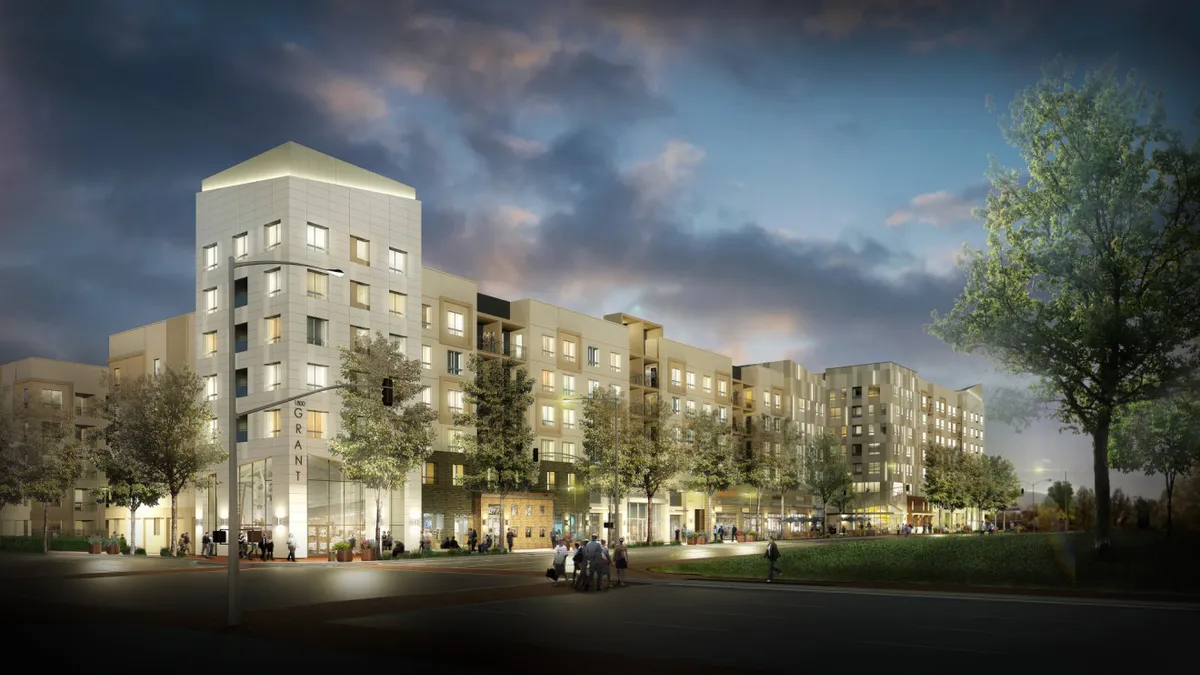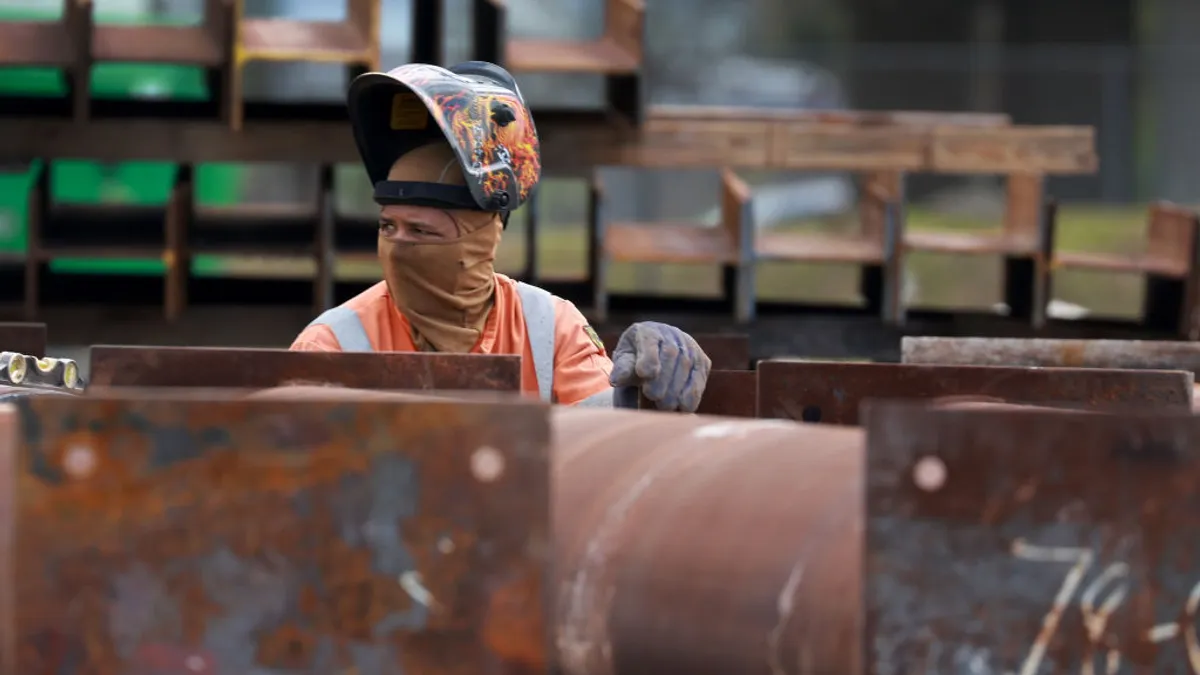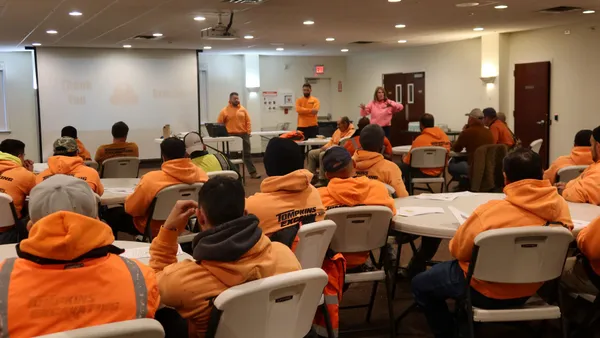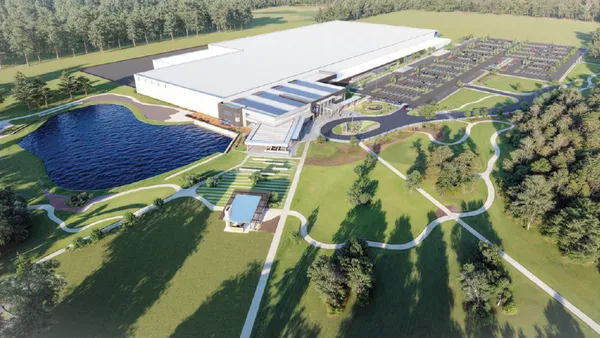Associated Builders and Contractors' Northern California Chapter Board of Directors has chosen Deborah Maus as its new president and CEO.
Maus' career has spanned over 25 years in strategic and operational leadership, including executive positions in transportation systems management with Parsons Brinckerhoff (now WSP USA) and the South Natomas Transportation Management Association in Sacramento. She made her move into construction trade associations in 2017, when she took on her most recent role as CEO of the Plumbing Heating Cooling Contractors of California.
ABC NorCal, founded in 1976, ranks 18th out of the 69 ABC regional chapters in terms of size, with 447 members working across Northern California. Here, Construction Dive talks with Maus about her goals and visions for the future of the association and its members.
This interview has been edited for brevity and clarity.
CONSTRUCTION DIVE: How did you enter the field of construction association leadership? Where has your career trajectory taken you?
DEBORAH MAUS: I actually have an agricultural background. I grew up on a ranch. My dad was a vocational high school instructor. So if not by osmosis then by actual hands-on training, I know how to do woodworking and lay out irrigation pipe and things of that nature.
It's not completely foreign to me, but I really came to it from an association management side. Working in the construction trades is like coming home again, like we're full circle to where I started my professional journey.
As the new leader of the ABC NorCal Division, what are your goals for the association and its members?
My goals are very internally focused: to advance apprentices and workforce development, support our training programs and make sure that we are not only recruiting and providing long-term career opportunities for those who want to pursue the trades, but also providing the best training available. Not only that, but that it's safe and it's comprehensive. It's more than just a trade or job; the training is multi-faceted. We teach skills such as critical thinking, teamwork, professional attitude and work ethic so that our students are prepared for a career.
The board is giving me some time to get my feet first before we work on identifying some larger strategic objectives related to government relations and membership.
What are the top issues on your agenda as you transition into the organization?
Definitely fair and open competition. In California, it's a particularly big issue, that our contractors have the ability to compete for work on a level playing field. There are many efforts, from local jurisdictions all the way up to the state level, to give preference to union contractors.
So that's a big issue for our contractor members. We're all about competition. We're not an anti-union group, but what we are about is open and fair competition for everyone, regardless of how they choose to affiliate or collectively bargain or not.
And then there's everything from supply chain issues, to workforce development, to interest rates, to you name it. I know that's not unique to California, but those are huge issues. In particular, in California, there’s the high cost of living and cost of housing, and getting the workforce to stay here once they are trained.
With regard to the recent passage of the Infrastructure Investment and Jobs Act, how do you believe that will affect ABC's members?
It remains to be seen what kind of restrictions are going to be put on infrastructure projects for Davis Bacon prevailing wage laws and other requirements. The governor has his priorities related to wildfire, and other plagues, if you will, plaguing California. So obviously, our contractors, ABC members and their apprentices, they want to build their communities, and just like every other state we've got crumbling infrastructure.
Whether it's underground piping and sewer delivery, or conduits delivering electricity, or even just aging infrastructure from the standpoint of homes and buildings, there is plenty of work to do and our contractors and our apprentices want to do that work in their communities.
I think it really remains to be seen just how that gets implemented. I know they've talked about putting together a special commission in each state that would oversee the investment of that money. So I think it's a little too soon to tell.















